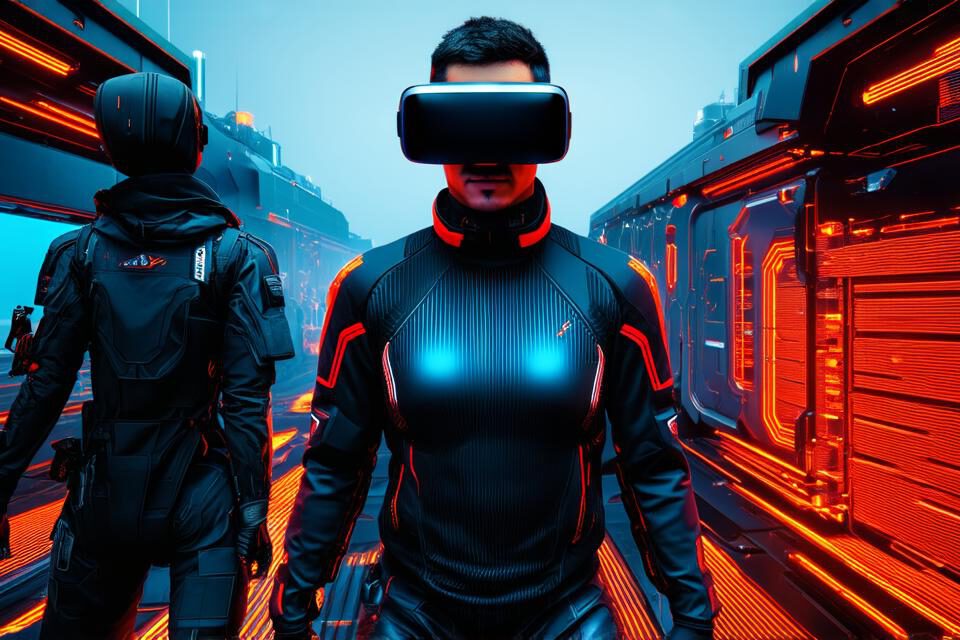How does virtual reality impact cognitive development?

Virtual reality (VR) technology has revolutionized the way we interact with digital content and the world around us.
From gaming to training and simulation, VR has opened up new possibilities for learning and development. In recent years, there has been growing interest in how VR impacts cognitive development, particularly in children.
The Impact of VR on Cognitive Development
Cognitive development refers to the processes by which we acquire, organize, store, process, and use information. It is a complex and ongoing process that occurs throughout our lives, with different cognitive skills developing at different stages.
Research has shown that VR technology can have a positive impact on several aspects of cognitive development, particularly in children.
Spatial Reasoning
Spatial reasoning is the ability to visualize and manipulate objects in three dimensions. VR technology offers a unique opportunity to develop spatial reasoning skills through immersive experiences that allow users to interact with virtual environments.
For example, a study published in the journal Frontiers in Human Neuroscience found that students who used a VR-based learning platform had better spatial reasoning skills than those who did not use VR.
Memory and Learning
Memory and learning are closely related, with memory being an essential component of the learning process. VR technology has been shown to enhance memory and learning through the use of interactive experiences that allow users to engage with digital content in a more immersive way.
A study published in the journal Virtual Reality and Augmented Reality found that students who used a VR-based learning platform had better recall of information than those who did not use VR.
Executive Functions
Executive functions are higher-order cognitive skills that are involved in goal-directed behavior, including attention, working memory, and inhibition. VR technology has been shown to improve executive functions through the use of immersive experiences that require users to pay attention, plan ahead, and manage their resources effectively.
For example, a study published in the journal Human Brain Mapping found that children who used a VR-based training program had better executive function skills than those who did not use VR.
Real-Life Examples of VR in Cognitive Development
Virtual reality technology is being used in a variety of settings to enhance cognitive development, particularly in children. Here are a few real-life examples:
Gaming and Entertainment
Gaming and entertainment are two popular applications for VR technology. Research has shown that playing video games can have a positive impact on cognitive development, particularly in children. For example, a study published in the journal Computers & Education found that students who played educational video games had better spatial reasoning skills than those who did not play games.

Training and Simulation
Virtual reality technology is being used to train professionals in a variety of fields, including medicine, aviation, and military. These simulations provide a safe and controlled environment for training, allowing users to practice complex tasks without the risk of injury or damage to equipment.
For example, a study published in the journal Virtual Reality found that medical students who used a VR-based simulation had better performance on clinical skills assessments than those who did not use VR.
Education
Virtual reality technology is being used to enhance learning and teaching in traditional classroom settings. For example, a study published in the journal IEEE Transactions on Learning Technologies found that students who used a VR-based learning platform had better engagement and motivation than those who did not use VR.
The Potential Benefits and Challenges of Using VR for Cognitive Development
While there is growing evidence to support the potential benefits of using VR for cognitive development, there are also challenges to consider. Here are some of the key factors:
Cost
Virtual reality technology can be expensive, both in terms of hardware and software costs. This can limit access to VR experiences, particularly for schools and other educational institutions.
Technical Difficulties
Virtual reality technology can be complex and require specialized knowledge to use effectively.